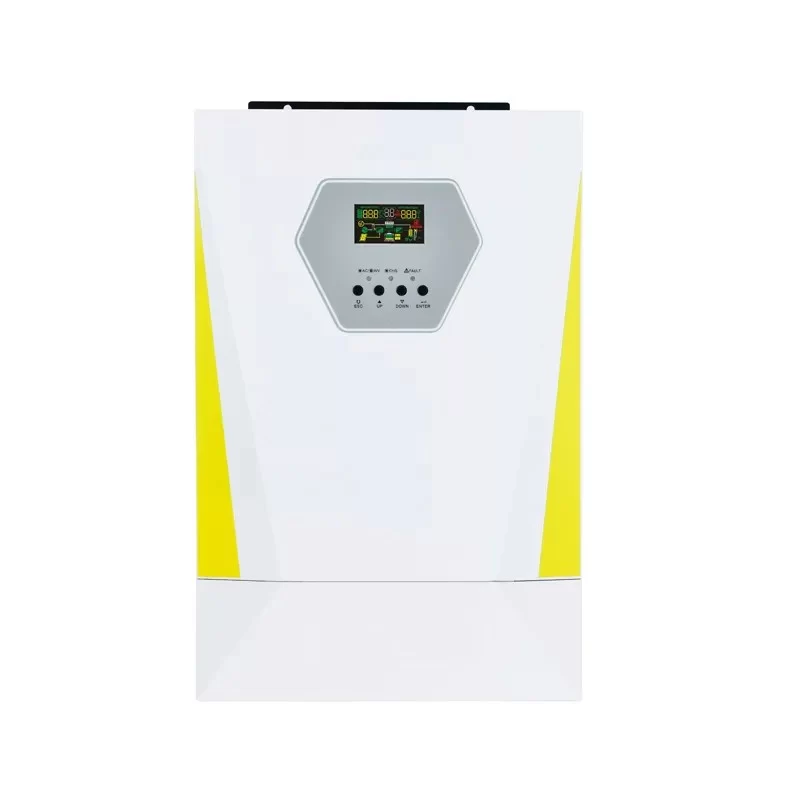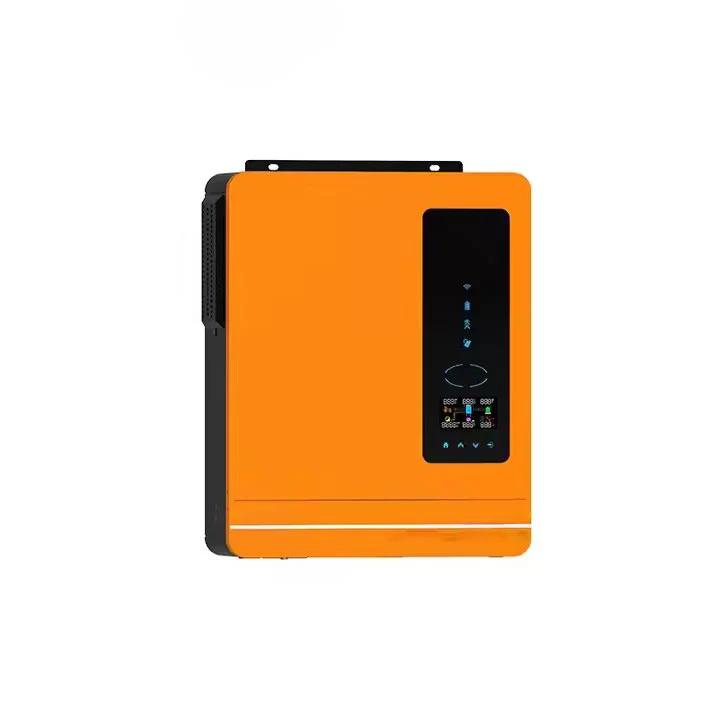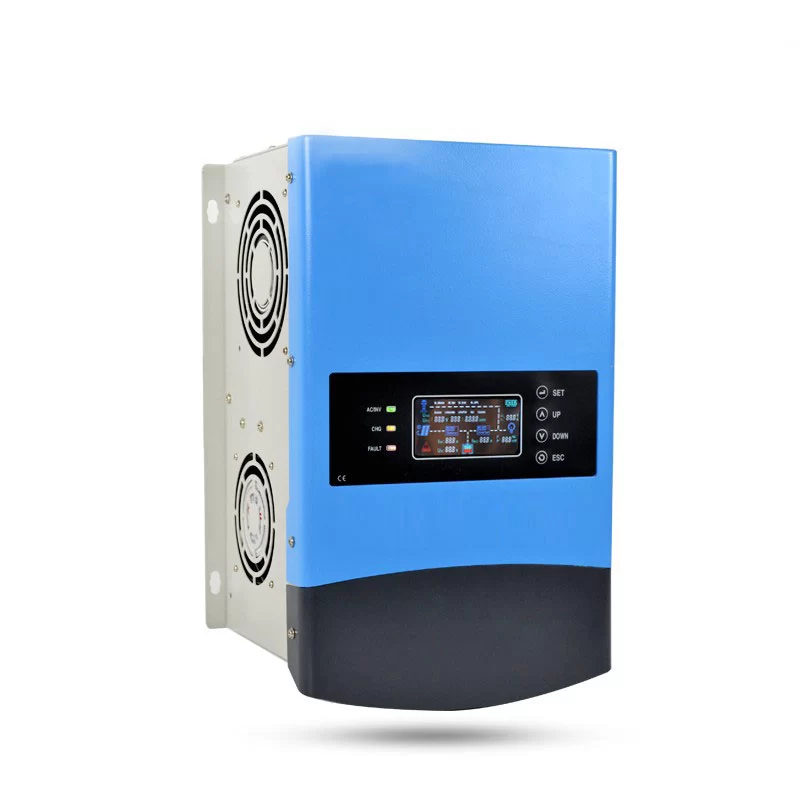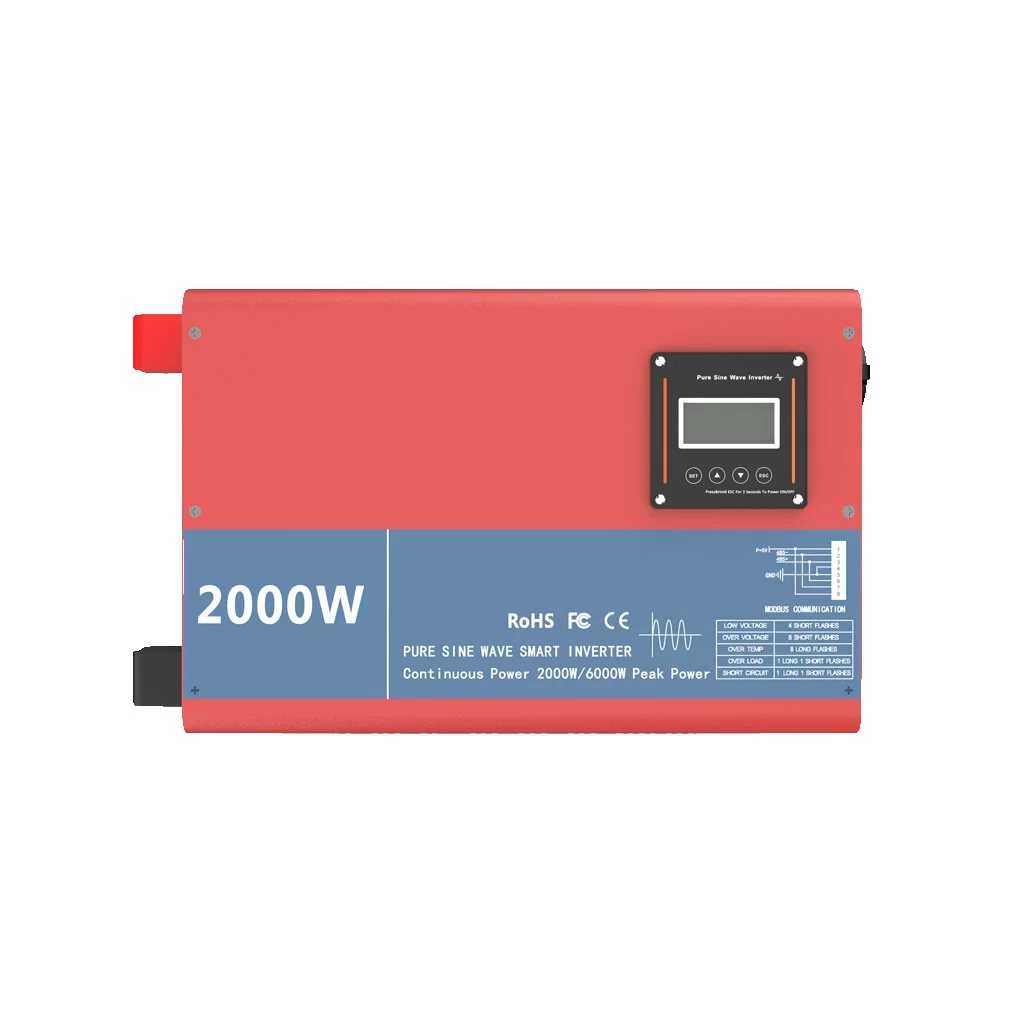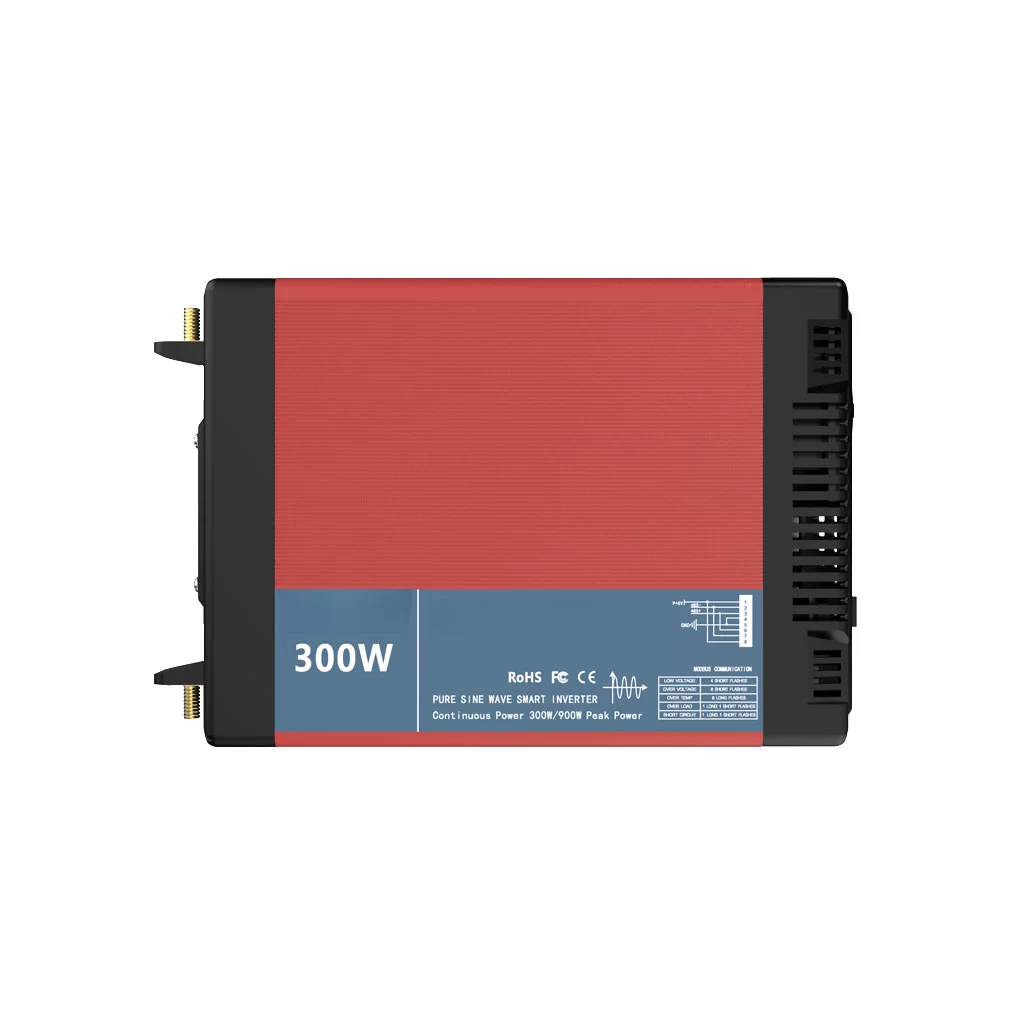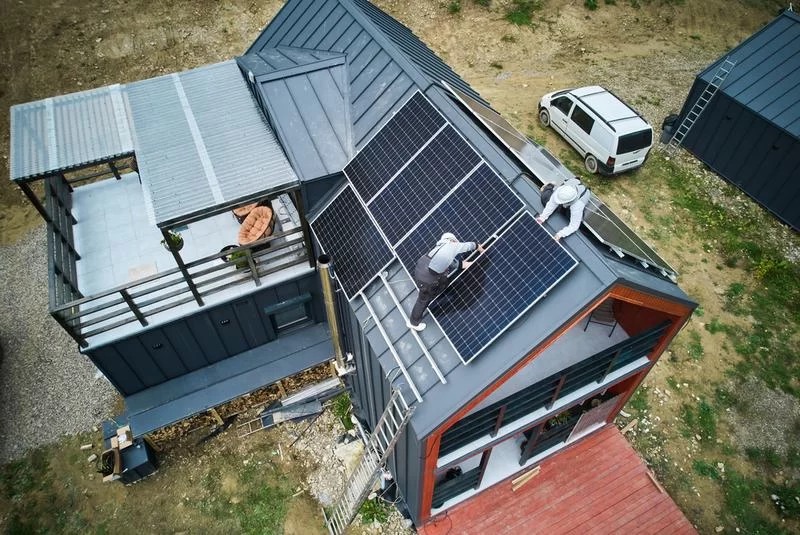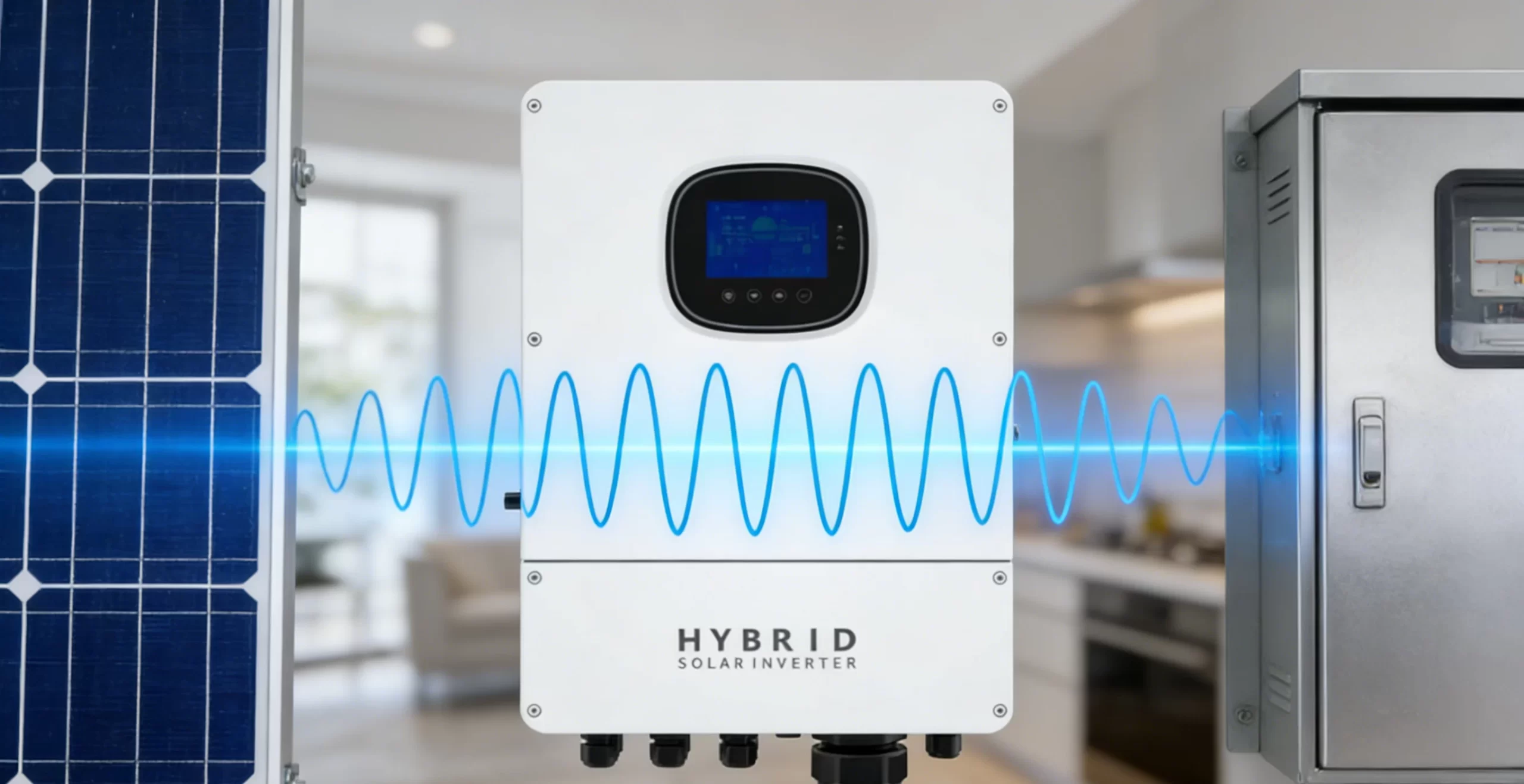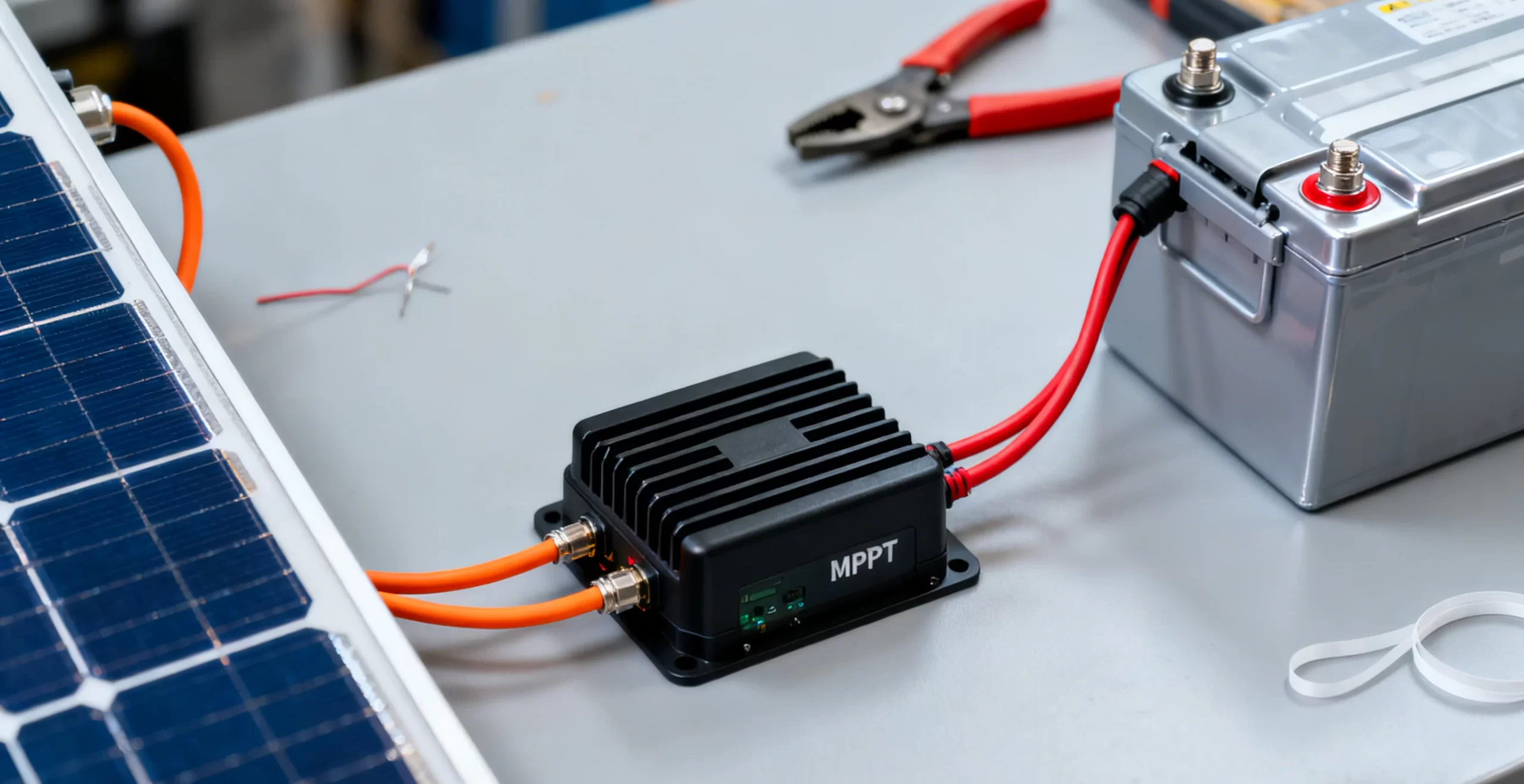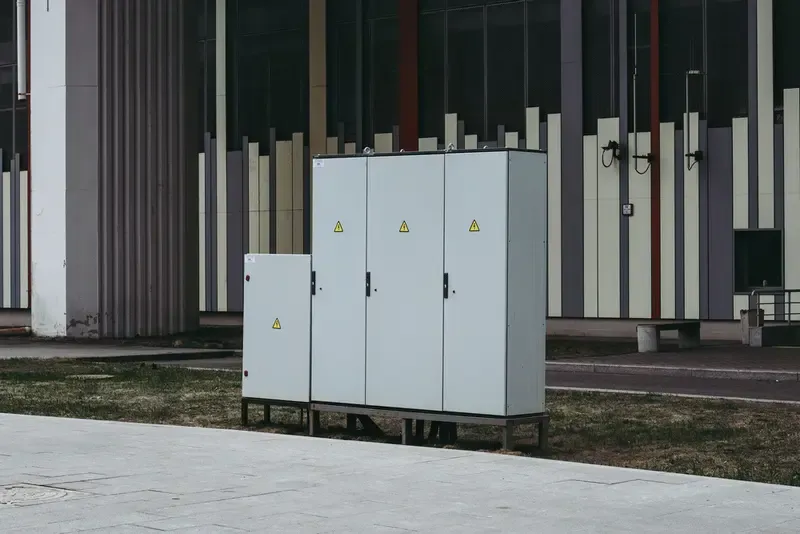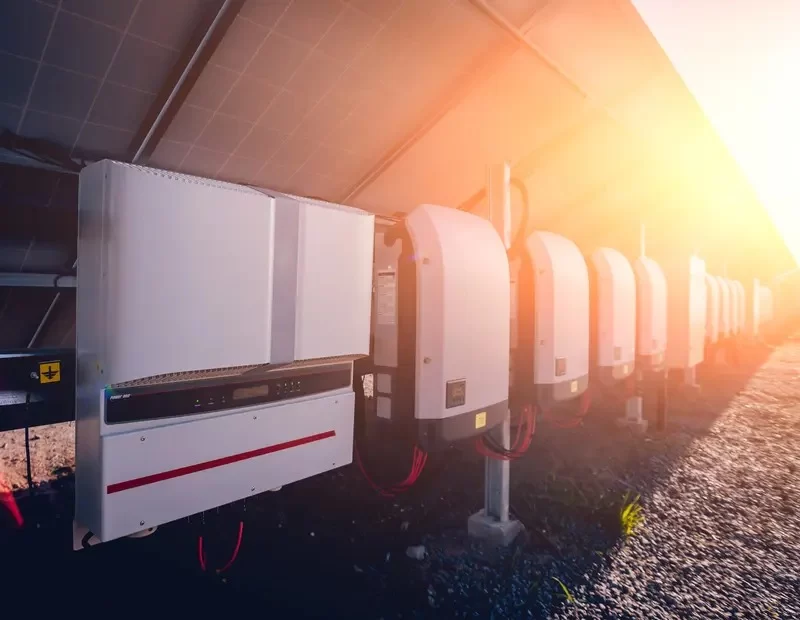- tel:+86-13651638099
- Email: [email protected]
- Official website: www.hj-net.com
- Address: 333 Fengcun Road, Fengxian District, Shanghai
Get A Quote Now!
Difference Between Solar Panels and Solar Modules
In the realm of solar energy, the terms “solar panels” and “solar modules” are often used interchangeably. However, there are subtle differences between them that can be important to understand, especially when discussing the specifics of solar energy systems.
Solar Panels
- Definition:A solar panel is a collection of solar cells assembled together to capture sunlight and convert it into electricity. The term “solar panel” typically refers to the entire assembly that is installed on rooftops or other structures to harness solar energy.
- Components:Solar panels are composed of multiple solar cells that are interconnected and encapsulated within protective materials to enhance durability and performance. These cells are usually made from silicon and are responsible for the actual conversion of sunlight into electrical energy.
- Types:
- Monocrystalline Panels:Made from a single continuous crystal structure, these panels are known for their high efficiency and sleek appearance.
- Polycrystalline Panels:Made from silicon crystals that are melted together, these panels are generally less efficient but more cost-effective.
- Thin-Film Panels:Made from layers of photovoltaic material, these panels are lightweight and flexible but typically less efficient than crystalline panels.
- Applications:Solar panels are used in a wide range of applications, from residential rooftops to large-scale solar farms. They are designed to generate electricity for various uses, from powering homes and businesses to supplying energy to the grid.
Solar Modules
- Definition:A solar module is a more technical term that refers specifically to the individual unit within a solar panel. It is essentially a single, self-contained unit that consists of multiple interconnected solar cells.
- Components:Similar to solar panels, solar modules are made up of several solar cells connected together and encapsulated within protective materials. However, the term “module” is used to emphasize the unit’s modularity and its role as a building block within a larger system.
- Construction:A solar module includes:
- Solar Cells:The primary components that convert sunlight into electricity.
- Encapsulation:Protective layers that shield the cells from environmental damage.
- Frame:A sturdy frame that holds the module together and allows for easy installation.
- Junction Box:An enclosure that houses electrical connections and provides a point for connecting the module to the rest of the system.
- Modularity:Solar modules are designed to be connected together to form a complete solar panel. This modular approach allows for flexibility in system design and scalability. Multiple modules can be combined to meet specific energy requirements, whether for a small residential installation or a large commercial array.
Comparison Summary
- Terminology:“Solar panel” is a general term for the entire assembly, while “solar module” refers to the individual unit within the panel.
- Usage:Solar panels are used to describe the complete installed system, whereas solar modules emphasize the individual units that make up the panel.
- Components:Both terms involve similar components (solar cells, encapsulation, frame), but the focus differs—panels on the whole system, modules on the individual units.
- Modularity:Solar modules highlight the modular nature of solar energy systems, allowing for scalable and customizable installations.
Conclusion
Understanding the difference between solar panels and solar modules helps in grasping the finer details of solar energy systems. Solar panels refer to the entire assembly installed to harness solar energy, while solar modules refer to the individual units within these panels. Both play crucial roles in the design and functionality of solar energy systems, contributing to the generation of clean, renewable energy.

